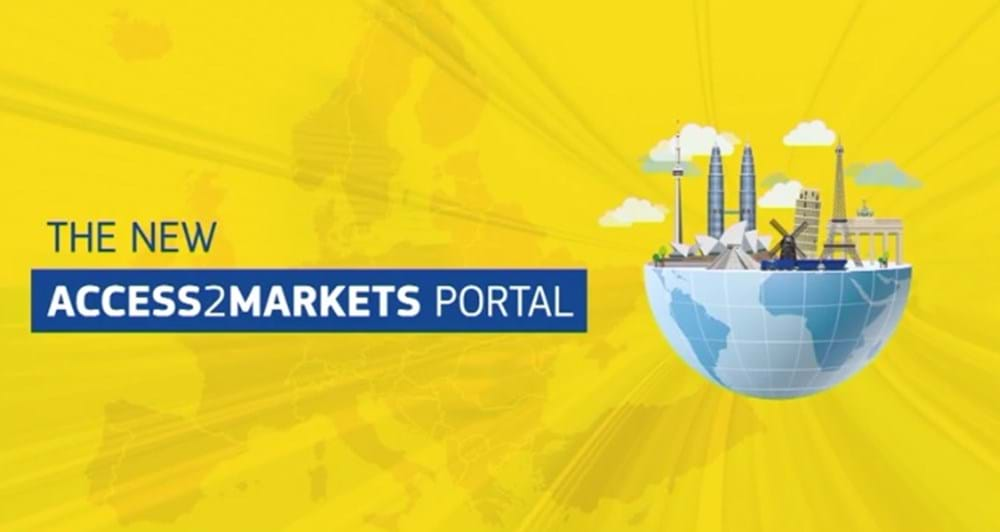The previous energy market model in Poland was based on a monopoly of five different electricity suppliers.
Since 2007, the energy market in Poland has been liberalised and both companies and individuals are free to change their energy supplier. However, elements of a monopoly remain, as energy production and transmission is still the responsibility of these companies. Energy trading, on the other hand, is completely free. All elements of this market are licensed and supervised by the Polish Energy Regulatory Office. At present, the energy sector is being restructured and put in order, especially as regards competition. In the near future, the situation related to the stable position on the energy producer market may change drastically due to the new energy policy and the gradual abandonment of energy production from fossil fuels. This may lead to the liberalisation of the energy production and transmission market and an increase in the number of energy traders.
More
Real estate investment is one of the most lucrative forms of capital multiplication. The real estate market is constantly growing and it is the least risky sphere of capital investment, however, it requires significant investment funds. To increase access for the less wealthy, special real estate funds are created to allocate assets to investors who want to start their adventure on the real estate market.
Types of real estate funds
The division into different categories of funds is made on the basis of the risk and rate of return of a given investment. They range from conservative to aggressive and are defined by both the physical attributes of the property and the amount of debt used to capitalize a project. We distinguish the following types:
The term “core” refers to real estates located in high-quality locations with high-quality tenants. Core property investors are looking to generate stable income with very low risk. These properties require very little hand-holding by their owners and are typically acquired and held as an alternative to bonds, generating stable and consistent cash flow to their owners and their values tend to be the least volatile.
- Core Plus Real Estate Funds
In terms of property class and profit prospects, these funds are similar to core funds, but with the low or moderate risk profile. Core plus property owners typically have the ability to increase cash flows through minor property improvements, management efficiencies or by increasing the quality of the tenants. The difference from previous funds is the fact that profit is not so easy to predict and core plus investment requires more active participation in property.
- Value – Add Real Estate Funds
More
Hidden dividend – The Polish New Deal
Costs from related parties will not be allowed as tax costs. This will happen when these costs meet the statutory definition of the so-called “hidden dividend”. The Polish New Deal introduces so far unknown concept of “hidden dividend”. The act in art.16 sec. 1d indicates that certain costs constitute a “hidden dividend” if:
- the amount or timing of those costs is in any way dependent on the taxpayer making a profit or on the amount of that profit; or
- a prudent taxable person would not incur such costs or could incur lower costs in the case of comparable supplies performed by a person not connected, within the meaning of Article 11a(1)(3), with the taxable person, whereby in determining those costs the provisions of Articles 11c and 11d shall apply mutatis mutandis, or
- these costs include remuneration for the right to use assets which were owned or co-owned by a partner (shareholder) or an entity related to a partner (shareholder) before the creation of the taxpayer.
The provisions being introduced aim to end the practice of extracting profits from companies. However, if an entity makes a gross profit and the costs associated with transactions with related parties do not exceed its value, the provisions will not apply.
Related parties
More
On 29 January 2022, the Polish Act of 17 December 2021 amending the Act on foreigners and certain other acts entered into force. It contains a number of changes that are important for entrepreneurs and foreigners working and studying in Poland. The main objective of the Act is “primarily to streamline the proceedings concerning the granting of temporary residence permits for foreigners in the territory of the Republic of Poland, in particular temporary residence and work permits” (from the grounds of the draft Act), but also to facilitate the employment of foreigners by Polish entrepreneurs and to shorten the time for processing an application for a national visa.
Changes for Polish entrepreneurs and enterprises
The first significant change for Polish employers is the requirement that a foreigner employed must earn at least the equivalent of the minimum wage regardless of the duration and type of contract. In January 2022, the minimum wage is PLN 3010 gross. The exemption is for foreigners who are to perform work in an occupation requiring high qualifications. The remuneration for such an employee is to be the equivalent of the average salary in the year preceding the application for a temporary residence and work permit. Another change concerns enterprises of strategic importance to the Polish economy. They will be able to employ foreigners faster and more easily than before by obtaining a temporary residence and work permit in these entities.
Changes for foreign workers
More
On 10 February 2022 KIELTYKA GLADKOWSKI KG LEGAL will take part in the training organized by the European Commission. The topic of the meeting will be the Access2Markets platform and its dedicated tools and their application. The training will cover a full presentation of the Access2Markets platform, including the tools:
My sales assistant – (export and import information on tariffs, taxes and import formalities, customs procedures),
Trade and investment barriers,
Trading statistics,
ROSA (a tool for self-assessment of compliance with the rules of origin in preferential EU-third countries trade agreements),
Single Entry Point – reporting barriers on third-country markets to the European Commission,
Preferential trade agreements between the EU and third countries,
Access2Procurement.
https://trade.ec.europa.eu/access-to-markets/pl/home
More



